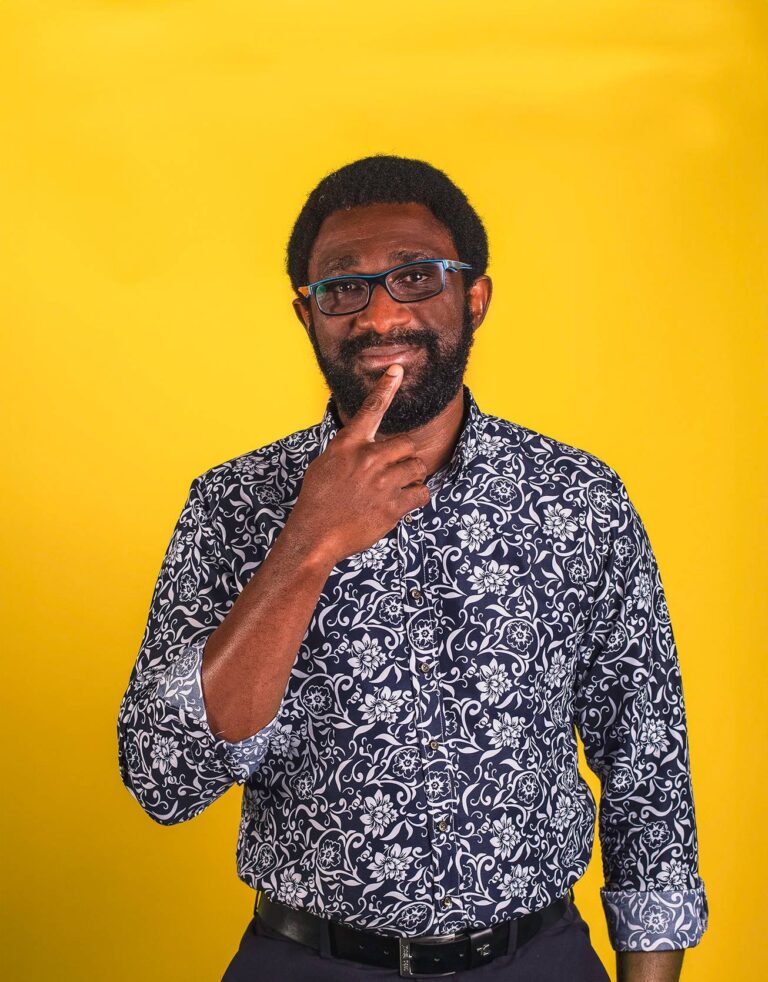Dr. Obinna Ejiogu’s trajectory reads like a masterclass in perseverance. After carving out a successful path in Nigeria’s financial sector, he pursued a PhD at the University of Suffolk. Today, as he celebrates the milestone of seeing his first cohort of Master’s students graduate just as he completed his doctoral studies, he speaks with evident pride about the ripple effects of mentorship and lifelong learning.
What emotion did you feel watching your Master’s students graduate a year after your own PhD journey?
The graduation moment was a vivid reminder that education is a shared voyage. My own PhD pursuit demanded unwavering focus amid demanding professional duties, and witnessing my students cross the stage brought a deep, almost tangible sense of accomplishment. It reinforced the idea that teaching is not just about transferring knowledge but about shaping a path forward for others. Their success echoed my late-night study sessions, the hurdles I cleared, and the growth I experienced—moments that now take on new meaning as I guide others toward their own breakthroughs.
How do you customize mentorship for international students navigating cultural and academic hurdles?
For international scholars, empathy and clarity form the foundation of effective mentorship. I start by building an open line of communication, inviting students to voice their concerns, ambitions, and any obstacles they face. Understanding their cultural contexts helps me tailor guidance to be both respectful and practical. I stress the value of cultural exchange as a catalyst for richer learning and inclusivity.
Academic support is personalized: language support, study-skills workshops, and access to peer networks are all part of the toolkit. I outline expectations clearly, demystify research processes, and provide structured, step-by-step guidance on assignments and inquiries. Beyond coursework, I counsel on balancing cultural adaptation with academic responsibility, cultivating resilience, and expanding professional networks within and beyond the university.
Ultimately, mentoring international students is about fostering confidence, belonging, and adaptability—qualities I aim to model and cultivate in every interaction.
What motivates your relocation story, and how did it shape your scholarly focus?
My move was spurred by a determination to broaden impact and contribute more broadly to society through education and research. Originating from Nigeria, I spent formative years in both engineering and banking, gaining frontline experience with public sector dynamics and risk management. A persistent question guided my academic curiosity: why do many Nigerian MSMEs struggle to thrive despite supportive policies and incentives?
Pursuing a PhD in Business Management at the University of Suffolk in 2021 became my answer to that question. The UK environment offered an unparalleled platform for rigorous inquiry, international collaboration, and a chance to deepen insights into MSME resilience. Relocating was challenging but rewarding: it demanded adaptability, cultural openness, and a commitment to lifelong learning. The experience broadened my perspective, sharpened my analytical lens, and reinforced my dedication to using research to strengthen communities.
How did your upbringing in Nigeria influence your values and career aims?
Growing up in a Nigerian environment rooted in communal support and tenacity shaped my core principles: integrity, humility, and service. My parents emphasized education as a lever for personal and societal uplift, a belief that has stayed with me throughout my career. This background steered me toward scholarly work that not only advances theory but also offers practical solutions for SMEs facing real-world constraints.
These early lessons—resilience, collaboration, and a respect for diverse perspectives—helped me navigate the transition from Nigeria to the UK and informed my leadership style. They also reinforced my commitment to mentoring and community engagement, ensuring that the work I do contributes to broader social and economic development.
What challenges did you encounter in Nigeria, and how did they prepare you for the UK academic landscape?
Nigeria presented a set of resource constraints and infrastructural realities that demanded creative problem-solving and disciplined execution. In the banking sector, managing complex public sector relationships and risk portfolios taught me how to communicate with a range of stakeholders, negotiate effectively, and maintain accountability under pressure.
Those experiences translated well to academia in the UK, where research rigor, cross-cultural collaboration, and high standards of intellectual honesty are central. The ability to adapt, manage competing demands, and maintain focus despite constraints became invaluable as I navigated new scholarly expectations and built diverse mentoring relationships.
What guidance do you offer professionals pursuing multiple qualifications while maintaining a demanding career?
Balancing several qualifications with a busy career hinges on purpose, discipline, and support. My approach:
- Define a clear purpose for each credential and how it aligns with long-term goals.
- Implement disciplined time management: break goals into milestones, use calendars, and protect dedicated study blocks.
- Build a robust support network: mentors, colleagues, family, and institutional resources can provide guidance and flexibility when needed.
- Embrace lifelong learning: view each qualification as a broadening of perspective, not only a credential.
- Prioritize well-being: rest, hobbies, and spiritual or personal nourishment sustain energy and focus over the long haul.
How did your banking career in Nigeria equip you for leadership and MSME-focused research?
Leading and coordinating public-sector collaborations in Nigeria honed essential leadership skills: strategic thinking, stakeholder management, and the capacity to drive decisions in uncertain conditions. Negotiation and diplomacy grew from working with government agencies, NGOs, and financial institutions, building trust and fostering collaboration across diverse communities.
These experiences fed directly into my MSME resilience research. They provided a practical lens to identify barriers—like access to finance, infrastructure gaps, and volatile markets—and informed actionable recommendations that policymakers and business owners can implement. In short, my professional background grounds my scholarship in real-world relevance and impact.

